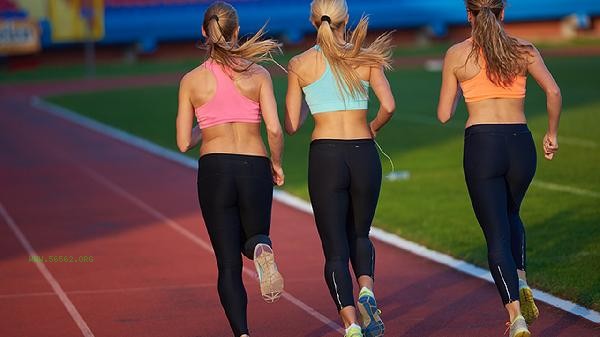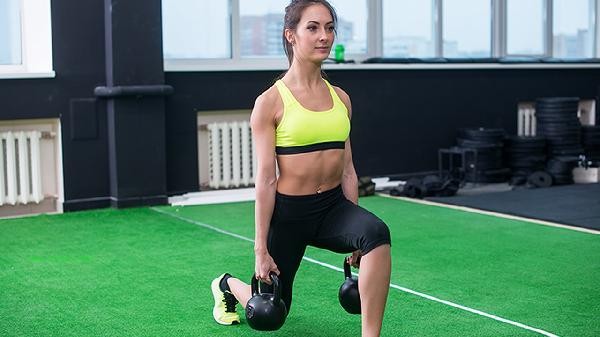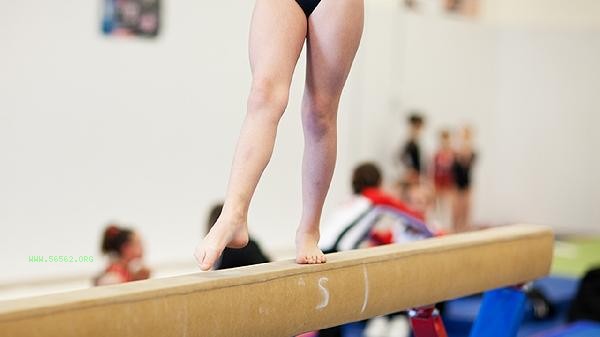During the exercise and fitness period, the diet should balance energy supplementation and nutrition. It is recommended to focus on high-quality protein, compound carbohydrates, and healthy fats, and to consume moderate amounts of vegetables, fruits, and water.

1. High quality protein
Muscle fibers need to be repaired after exercise, and consuming high-quality protein can help promote muscle synthesis. Animal proteins such as chicken breast, fish, and eggs have high absorption and utilization rates, while plant proteins such as tofu and quinoa are suitable for vegetarians. Avoid high oil cooking methods, boiling or steaming is more conducive to preserving nutrients. Whey protein powder can be used as a supplement, but natural foods are still the preferred choice.
2. Compound carbohydrates
Low glycemic index carbohydrates such as brown rice, oats, and whole wheat bread can continue to provide energy, avoiding immediate intake of refined sugars after exercise. 1-2 hours before exercise, an appropriate amount of carbohydrates can be supplemented to improve endurance. supplementing within 30 minutes after exercise can help restore muscle glycogen. Root and stem foods such as sweet potatoes and corn are rich in dietary fiber, which can delay hunger.
3. Healthy fats
Unsaturated fatty acids found in nuts, avocados, and deep-sea fish can reduce post exercise inflammatory reactions. Daily fat intake should not exceed 30% of total calories, and avoid fried foods. Olive oil mixed with salad or nuts with meals are both high-quality choices, but the portion size should be controlled to prevent excessive calories.

4. Trace Nutrients
Dark vegetables such as spinach and broccoli provide iron and vitamin K, while bananas and oranges supplement potassium and vitamin C. Electrolyte loss after high-intensity exercise can be supplemented by diluted salt water or coconut water. Calcium and vitamin D can be obtained through dairy products or fortified foods, which contribute to bone health.
5. Water Management
Drink 500 milliliters of water in portions 2 hours before exercise, and replenish 150 milliliters every 15 minutes during exercise. Long term exercise can use sports drinks containing sodium and potassium, but ordinary fitness enthusiasts can drink plain water. A light yellow urine indicates sufficient hydration, and for every 1 kilogram of weight loss after exercise, 1.5 liters of water should be replenished.

The exercise diet should be dynamically adjusted according to the training intensity. During the muscle building phase, the protein and carbohydrate ratio can be appropriately increased. During the weight loss phase, total calories should be controlled but extreme dieting should not be allowed. Avoid exercising on an empty stomach or immediately after a full meal, and it is advisable to exercise 1-2 hours after a meal. Record the relationship between diet and exercise performance, gradually find the most suitable nutrition plan for individual physique and goals. Special health conditions or professional athletes should consult a nutritionist to develop personalized plans.







Comments (0)
Leave a Comment
No comments yet
Be the first to share your thoughts!